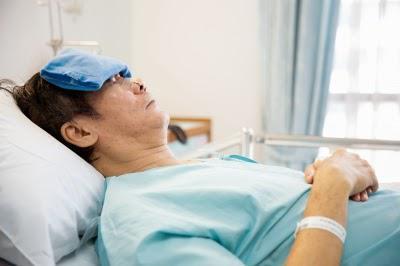
Parkinson’s disease is one of the most vividly found neurological disorders in the elderly. The disease largely affects the brain due to the lack of dopamine chemical production ability of the nerve cells. Dopamine plays an important role in sending signals from the brain to different parts of the nervous system. The disorder is generally evident in people over the age of 50 years. The inadequate functioning of the nervous system results in tremors or shaking while walking, eating, talking, etc. Initially, the minor problems are evident, but with passing time, the acute symptoms may pose difficulties in leading a normal and independent life.
Parkinson’s disease Treatment for the Elderly
Permanent cure and effective treatment to get ride of the Parkinson’s disease symptoms is not available. The treatment methodologies are therefore directed to reduce the complications and bestow an improved lifestyle. Some important medicines, including Amantadine drug act as dopamine agonists, but are not provided to the elderly adults due to the risk of contacting psychotoxins. One of the most important medicines for the Parkinson’s disease in older adults is Levodopa. This psychoactive drug can be given to the seniors with neurological complications during all stages of the disease.
Elderly Care Plan
Mostly, the family members do not want to stay away from the seniors with the Parkinson’s disease, due to several worries such as lack of caring, insufficient medication facilities etc. The home environment is obviously a better option for accommodating the patient but dedicated care giving is very important. If you are looking for elderly home care Canada services, it is essential to ask if the professional caregiver is experienced in handling the patients with the disease. Some agencies offer only general assistance services to the seniors. For these patients, intense caring, constant monitoring, and specific medication urge the need to follow a caregiving plan.
The elderly care plan for patients with acute Parkinson’s disease symptoms include:
- Exclusive safety and health supervision
- Helping in dressing, giving food on time, and taking care of other requirements
- Giving medicines as per the prescribed time regulations
- Offering special therapeutic assistance such as physiotherapy and other required services
With a gradual rise in the severing symptoms of this disease, the seniors can show the signs of depression due to the greater dependence on others, lack of activity etc. It is the duty of the people around to offer the best moral support and involve the elderly into some sort of physical activity, exercising, walking etc. You can consult an occupational therapist treating the elderly with Parkinson’s disease.